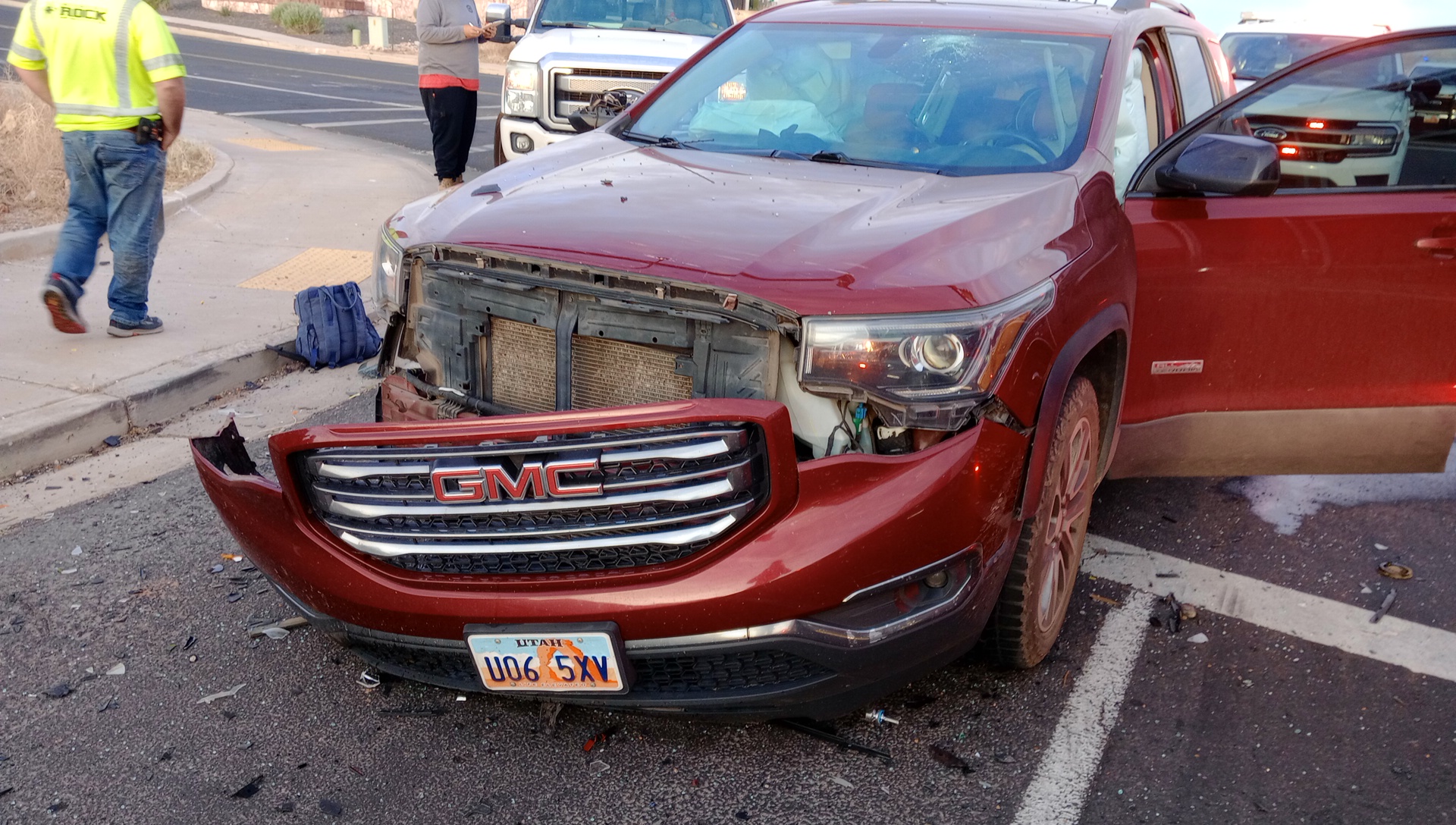Losing a brother or sister causes a unique kind of pain. Siblings are often our first and closest friends. You share a bond of blood and family connection. Whether you were close or had grown apart, learning that your sibling died because of another person’s or company’s negligence is devastating.
If your sibling had a spouse, children, or living parents, one of them will usually file the wrongful death lawsuit. As a sibling, your loss can be just as painful and sometimes just as costly. But can you file a wrongful death lawsuit? Here’s what to know.
Who Can File a Wrongful Death Lawsuit
Each state decides who can file a wrongful death lawsuit. Most states allow immediate family members to bring a claim. Usually, there’s a clear hierarchy of who files first.
Spouses
If the deceased was married, the spouse usually files the lawsuit. Many people picture a surviving spouse pursuing justice after such a loss. This happens because spouses often suffer the greatest financial and emotional impact.
Married couples share many financial responsibilities, including housing, utilities, and bills. They might also share car payments, loans, or credit card debt. If the deceased spouse worked, the surviving one loses that income.
Even stay-at-home spouses provide immense value through childcare and maintaining the household. Their work saves costs and supports family stability. If the surviving spouse stayed home, they may now have no income. Insurance and retirement benefits may also end with the spouse’s death.
After an accident, a surviving spouse faces bills for the hospital, ambulance, vehicle repair, and funeral. These represent only financial losses; emotional pain is harder to measure but equally real.
If a couple divorced, the ex-spouse cannot file a wrongful death claim. If the divorce was not finalized before death, a claim may still be possible.
Civil Unions and Domestic Partners
Some states allow individuals in civil unions or domestic partnerships to file wrongful death lawsuits.
A civil union is a legally recognized relationship between two people that provides state-level protections. Federal protections do not apply, so partners cannot receive federal benefits.
Many states still allow partners in civil unions to file wrongful death claims. This is especially true if they shared a home, income, or expenses. Just like a spouse, a surviving partner loses financial support, companionship, and stability.
Domestic partnerships are similar. They also provide many legal protections, such as shared insurance coverage, family leave, and hospital visitation rights. In most states, a domestic partner can file a wrongful death claim.
Sometimes, even an unmarried partner who isn’t part of a legal union can file a lawsuit. This is possible if the partner depended financially on the deceased or was named as a beneficiary in their estate.
Parents
If no spouse or partner exists, surviving parents can file a wrongful death claim for their adult child. While parents may not always face financial loss, that’s not always true. If the adult child supported their parents financially or provided care, those contributions can count toward compensation.
Parents also experience emotional pain and suffering, no matter the child’s age. This factor helps determine their right to file and the amount of compensation.
Children
If the deceased was divorced or unmarried but had children, those children can file a wrongful death claim. For minors, a parent usually files on their behalf.
Adult children may also file claims if they suffer financial loss after a parent’s death. If the deceased left a spouse and children, the spouse may file for both, including emotional damages and child-rearing costs.
Adopted and stepchildren can also be included if they relied financially on the deceased.
Can Siblings Sue for Wrongful Death
Siblings rarely depend financially on each other, but that doesn’t mean they can’t file a wrongful death claim.
If the deceased was unmarried, had no partner, no surviving parents, and no dependents, extended family may file. Even if they weren’t dependents, siblings and other relatives might still be heirs or have paid funeral expenses.
In Utah, siblings and extended family can file wrongful death claims if no closer family member or dependent exists. Eligible relatives include:
Aunts and uncles
Grandparents
Nieces and nephews
More distant relatives or non-family members can file if they’re named as heirs in the deceased’s will.
Some states allow other family members to file even if a spouse or parent survives. For example, in Colorado, a spouse has one year to file, and children can file after that if no claim was made.
What You Need to Know About Filing a Wrongful Death Lawsuit
Now that you know who can file, it’s important to understand how. Wrongful death lawsuits are complex, but an experienced attorney can guide you through the process.
Filing Deadlines
Every state sets deadlines for wrongful death claims. These deadlines prevent lawsuits filed many years after the death.
In Utah:
You must file within two years if suing an individual or business.
You must file within one year if a government body caused the death.
Courts sometimes extend deadlines, such as when new evidence appears later. Still, filing as soon as possible avoids complications and strengthens your case.
Limits on Compensation
No amount of money can replace a loved one. Alongside emotional loss, families face costs like funerals, medical bills, and lost income.
Wrongful death lawsuits help families seek justice and recover financial losses. They also hold negligent parties accountable.
High-dollar settlements often make headlines, but most awards are fair and case-specific. Many states limit punitive damages to prevent excessive payouts.
Families should first seek compensation from insurance. A lawsuit can then help cover remaining expenses and emotional damages.
Only One Lawsuit Allowed
When someone dies, many loved ones suffer. However, the law usually allows only one wrongful death claim.
This is where family hierarchy matters. Extended relatives can file only if closer family members—such as a spouse, parent, or child—do not.
If multiple dependents file, courts decide who can proceed based on legal standing and the deceased’s will.
Filing for a Sibling or Family Member
Losing a spouse, parent, child, or sibling is heartbreaking. Filing a wrongful death claim can help ease financial burdens and bring a sense of justice.
If you don’t have legal experience, let professionals handle your case. A wrongful death attorney can gather evidence, estimate damages, and represent you in court.
Let McMullin Injury Law Guide You Through This
Working with an experienced wrongful death attorney can make all the difference. Call McMullin Injury Law for trusted guidance and compassionate support.
SOURCES:
https://injury.findlaw.com/torts-and-personal-injuries/who-can-file-a-wrongful-death-suit.html
https://www.nolo.com/legal-encyclopedia/who-can-file-wrongful-death-lawsuit.html
https://family.findlaw.com/domestic-partnerships/what-is-a-civil-union.html
https://family.findlaw.com/domestic-partnerships/what-is-a-domestic-partnership.html
https://www.hg.org/legal-articles/can-an-unmarried-partner-sue-for-wrongful-death-42040




